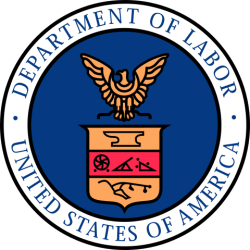
The rule, published on February 25, 2015, changed the definition of “spouse” so it is based on the “place of celebration” of the marriage, rather than the “state of residence.” By implementing this definition into the federal register, all families regardless of where they are married will now be treated equally for the purposes of accessing benefits under the FMLA.
This important move by DOL will resolve a major inconsistency in the federal treatment of married same-sex couples in the wake of United States v. Windsor, the groundbreaking 2013 U.S. Supreme Court decision that struck down Section 3 of the Defense of Marriage Act (DOMA). . After this decision, employment protections through the FMLA were extended to same-sex couples, enabling them to take family leave to care for an ill spouse or family member. However, eligible employees could only rely upon the protections of the FMLA to care for a same-sex spouse if the employee resided in a state that recognizes married same-sex couples. Therefore, if a married same-sex couple eligible for the FMLA relocated to a state that does not recognize marriage equality, the employee could lose their job while taking leave to care for a same-sex spouse. This rule resolves this issue and makes the FMLA benefits available for all legally married couples. Moreover, the rule amends the definition of spouse to explicitly include couples in legally recognized same-sex and common law marriages that were validly entered into outside of the United States, provided they could have been entered into in at least one state.
NCLR is grateful to the Obama Administration and to DOL for implementing these policy revisions, which will ensure that all legally married couples have access to the significant protections and benefits under the FMLA. We are excited to continue working closely with the Obama Administration and DOL to make sure that no employee must make the untenable choice between caring for loved ones and job security.









